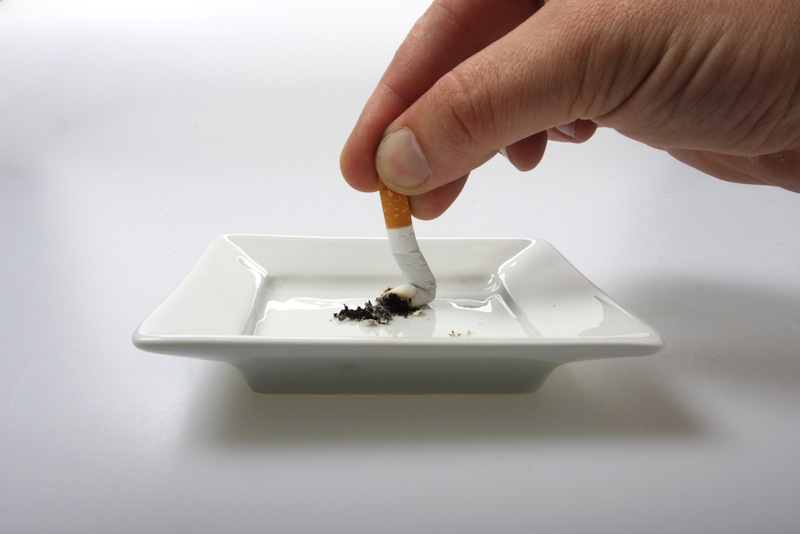10 Proven Stop Smoking Tips to Kick the Habit for Good

Quitting smoking is one of the most powerful steps you can take for your health, but it’s also one of the most challenging. Nicotine is highly addictive, and breaking the physical and psychological habit requires strategy, support, and commitment. Whether you’re just thinking about quitting or you’re ready to make the leap, these 10 proven stop smoking tips can help you kick the habit for good.
To make your quit journey smoother, tools like Quitine.com can guide you every step of the way with personalized plans, real-time tracking, and motivation that sticks.
1. Set a Quit Date and Make a Plan
Choosing a quit date gives you something to work toward and helps you mentally prepare. Make sure to pick a date within the next two weeks so you don’t lose momentum. In the meantime, prepare by identifying triggers, informing friends and family, and removing cigarettes, lighters, and ashtrays from your environment.
Pro Tip: Use a quit plan tool like the one on Quitine.com to map out your daily strategy and track progress.
2. Understand Your Smoking Triggers
Cravings are often tied to specific triggers like stress, social events, coffee, or certain times of day. Keep a journal of your cravings and what caused them. Once you know your patterns, you can create healthy alternatives and coping strategies.
3. Use Nicotine Replacement Therapy (NRT)
Nicotine gum, patches, lozenges, and inhalers can reduce withdrawal symptoms and cravings. These products allow your body to adjust to lower nicotine levels gradually. Research shows that NRT can double your chances of quitting successfully.
Want to learn more about nicotine replacement options? Visit Quitine.com for expert guides and product comparisons.
4. Distract and Delay
When a craving hits, use the 5-minute rule: wait five minutes and distract yourself with something else. Go for a walk, drink water, or call a friend. Most cravings pass within 5–10 minutes.
5. Stay Physically Active
Exercise is one of the most effective ways to curb cravings and reduce withdrawal symptoms. Even short bursts of physical activity—like a 10-minute walk—can release feel-good endorphins and ease stress.
6. Avoid Alcohol and Other Triggers
Alcohol is a common smoking trigger. For the first few weeks of quitting, avoid drinking or attend smoke-free events. If coffee is a trigger, switch to tea or water temporarily.
Changing up routines can break the habit loop and reduce the risk of relapse.
7. Build a Support System
Tell your friends, family, and coworkers that you’re quitting. Ask them to be patient, encouraging, and understanding. Consider joining a support group, either in person or online.
Platforms like Quitine.com offer virtual support communities where you can share your experience and get advice from others on the same journey.
8. Celebrate Your Milestones
Set mini-goals and reward yourself along the way. Whether it’s one day, one week, or one month smoke-free, acknowledge your progress. Use the money you’ve saved from not buying cigarettes to treat yourself to something meaningful.
9. Learn from Relapses
If you slip up, don’t view it as failure. Use it as a learning experience. Ask yourself what led to the relapse and how you can handle the situation better next time.
Helpful Tip: Quitine.com helps you log your cravings and track relapses so you can analyze patterns and strengthen your strategy.
10. Stay Committed and Stay Informed
Quitting smoking is a process, not a one-time event. The first few weeks are the hardest, but each day gets easier. Stay informed, keep learning, and continue using your quit tools to stay smoke-free.
If you’re ready to take control of your health, click here to explore more Quitine.com. It’s a powerful platform designed to help smokers quit with expert tips, progress tracking, and motivation tailored to your journey.
Final Thoughts
Quitting smoking is a personal and powerful decision that can transform your life. By using these 10 proven tips—and leveraging helpful tools like Quitine.com—you give yourself the best chance at long-term success.
Remember, it’s not about being perfect—it’s about being persistent. Your future self will thank you.
![HITV APP Download [Apk] Latest Version [Unlimited Movies]](https://hitvofficial.com/wp-content/uploads/2024/06/cropped-HiTV-Official-3.png)